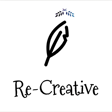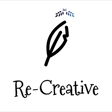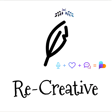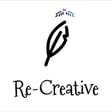
Robert Runte and Yellowface
Editor and writer Robert Runte joins Mark and Joe on the podcast to encourage everyone to read R. F. Kuang’s satire of the publishing industry, Yellowface.
Before they get into Yellowface, the lads discuss the nature of editing. “Most publishing houses work off the Chicago Manual of Style,” Robert says, “mainly because it was the first style guide for books.”
Robert outlines how he approaches the art of editing with different writers.
He loves R. F. Kuang’s Yellowface, and recommends that everyone listen to the audiobook version of the novel because the actor, Helen Glazer, picks up all the subtleties of the story. Robert says the Glazer does such a good job of showing you the narrator’s point of view that she gets the reader through the most cringe-inducing and tough bits of satire. He says, “If you’re a writer or you want to be a writer, you HAVE to read this book!”
A fun read and a fun conversation!
For more information, check out the show notes for this episode.
Re-Creative is produced by Donovan Street Press Inc. in association with MonkeyJoy Press.
Contact us at joemahoney@donovanstreetpress.com





